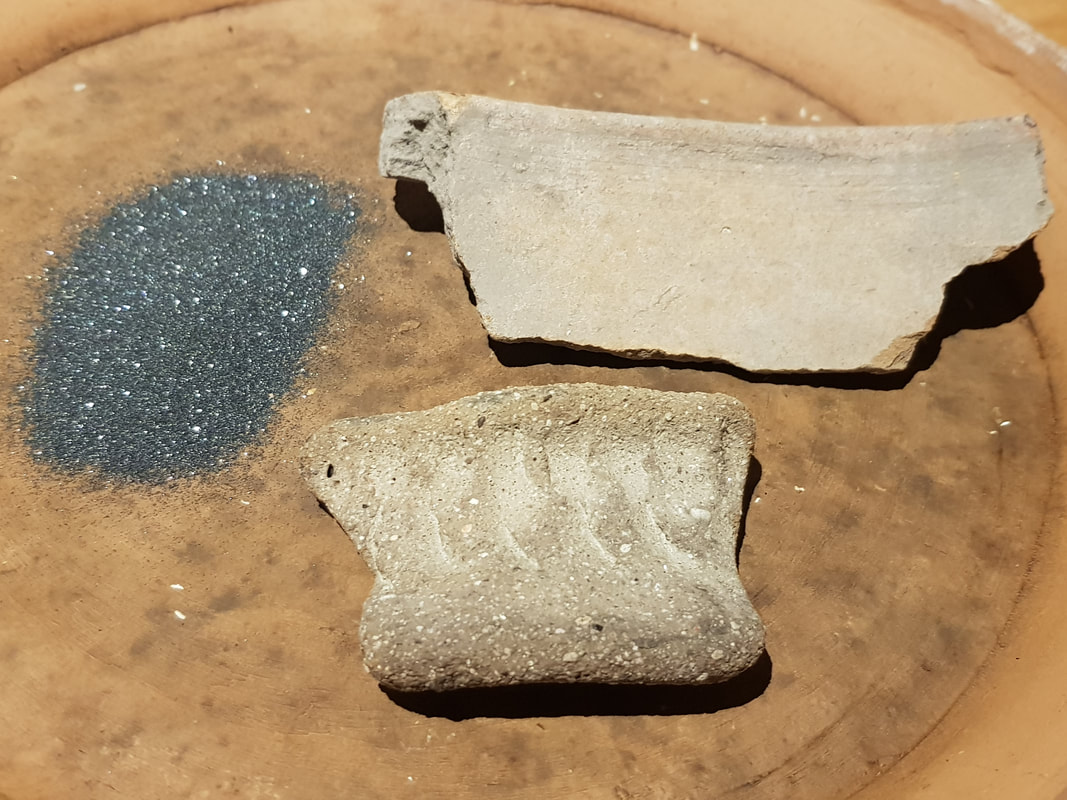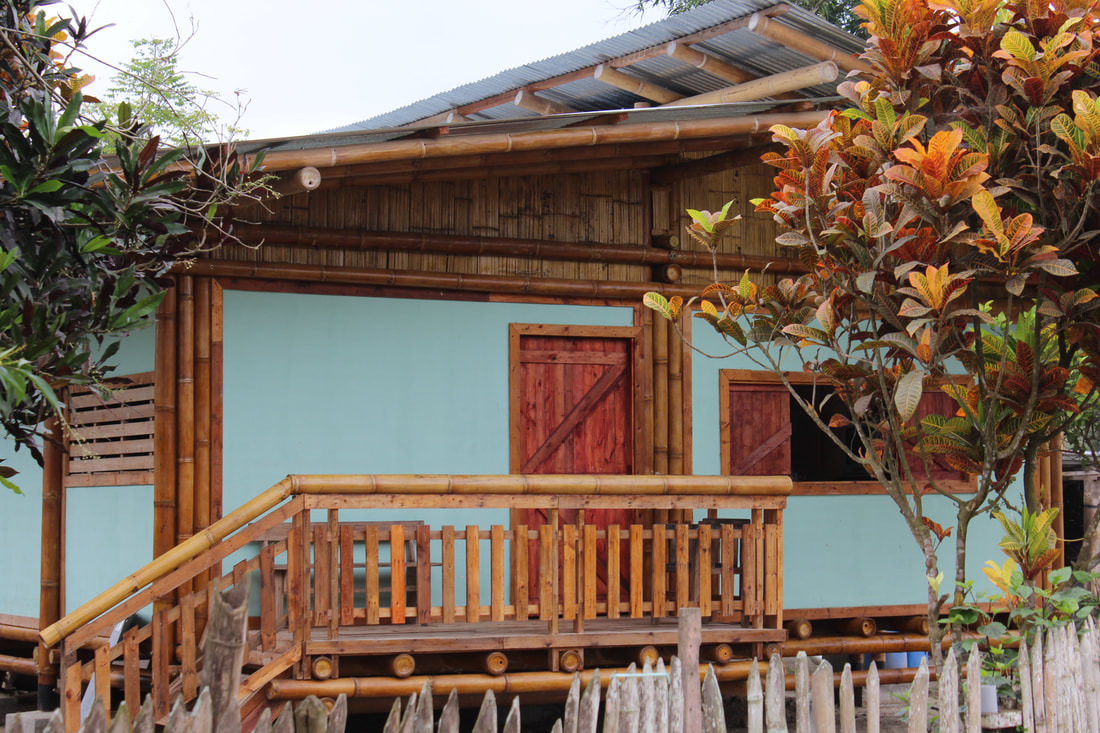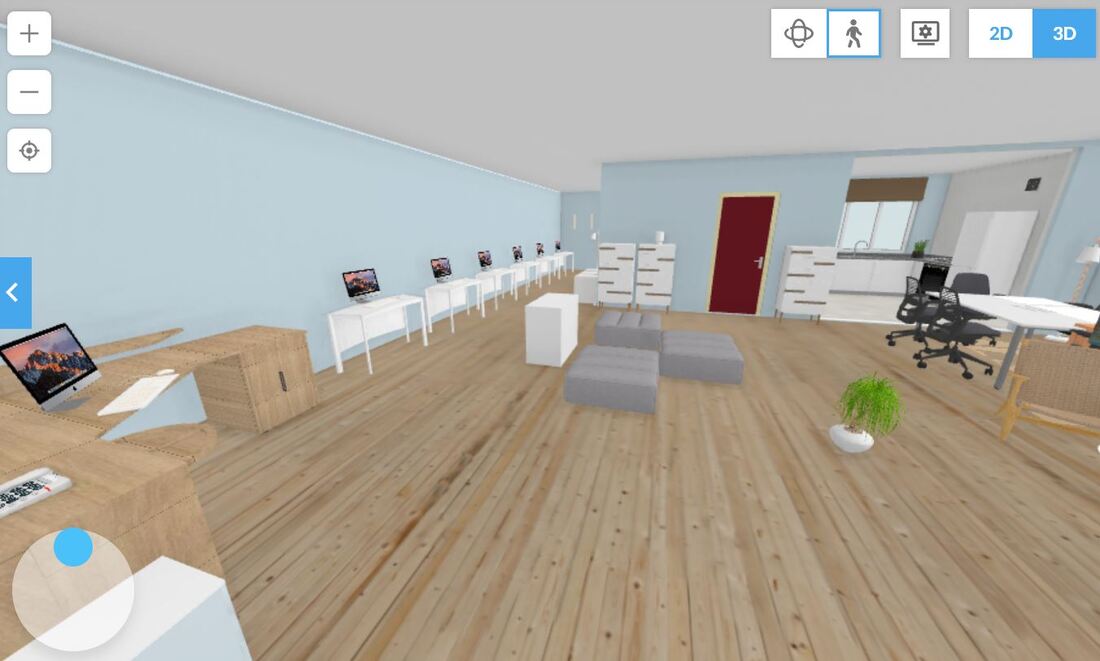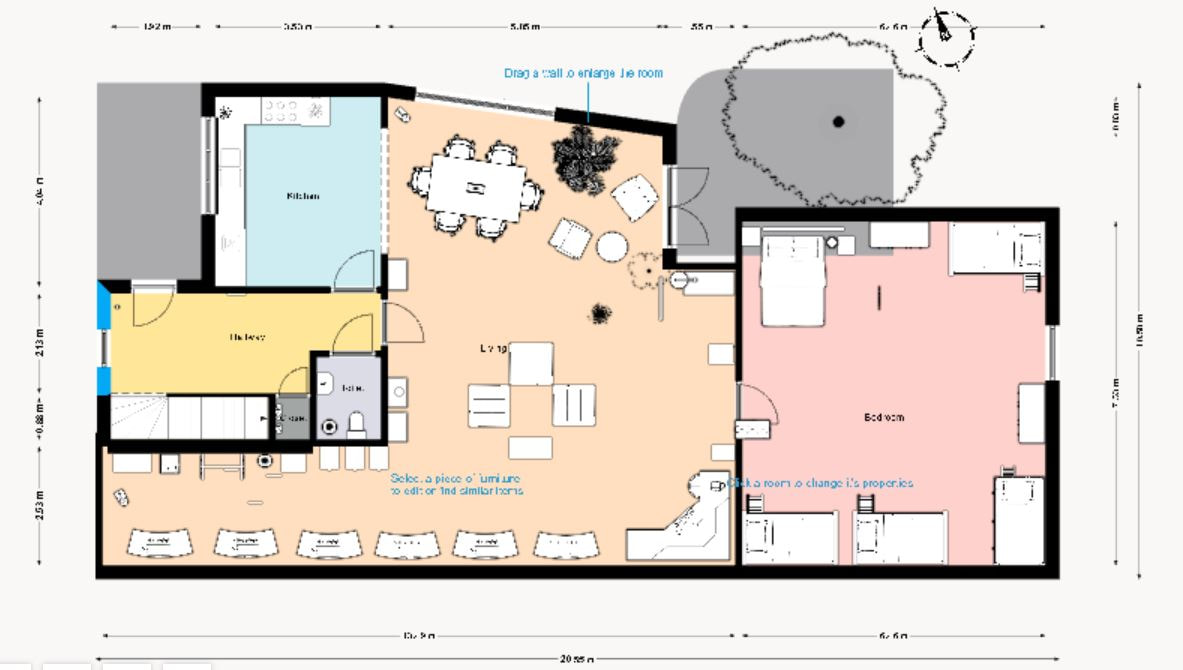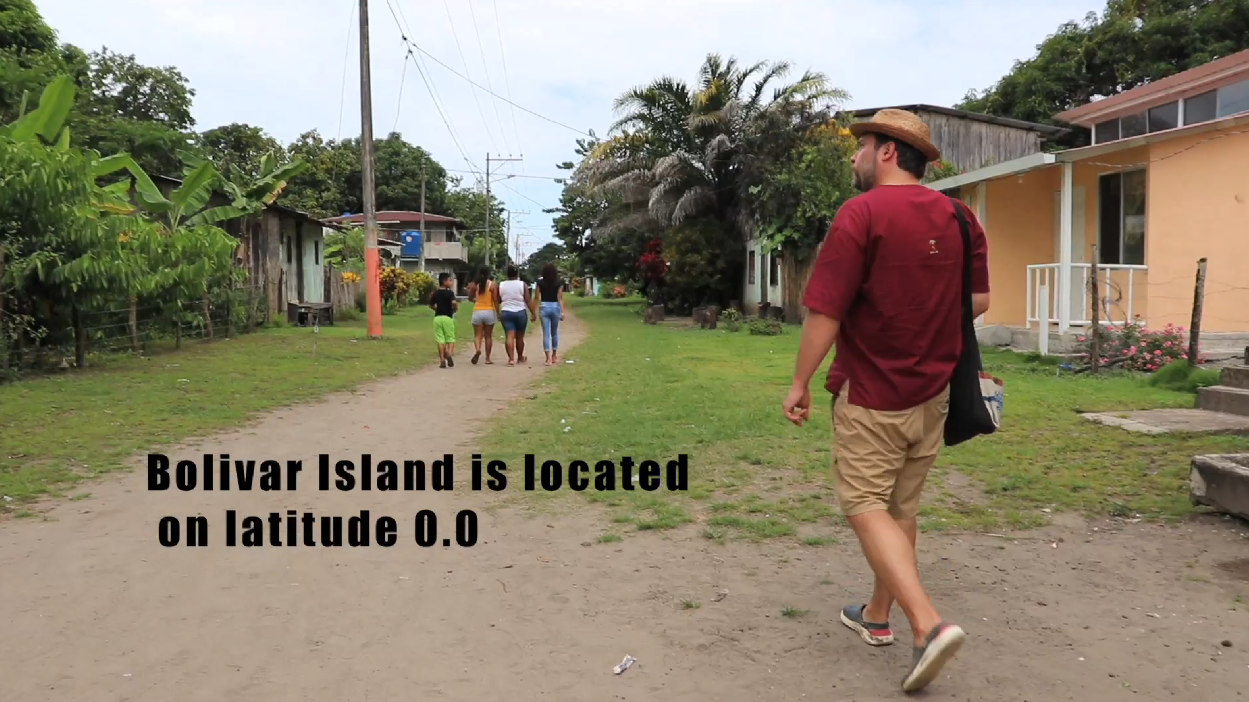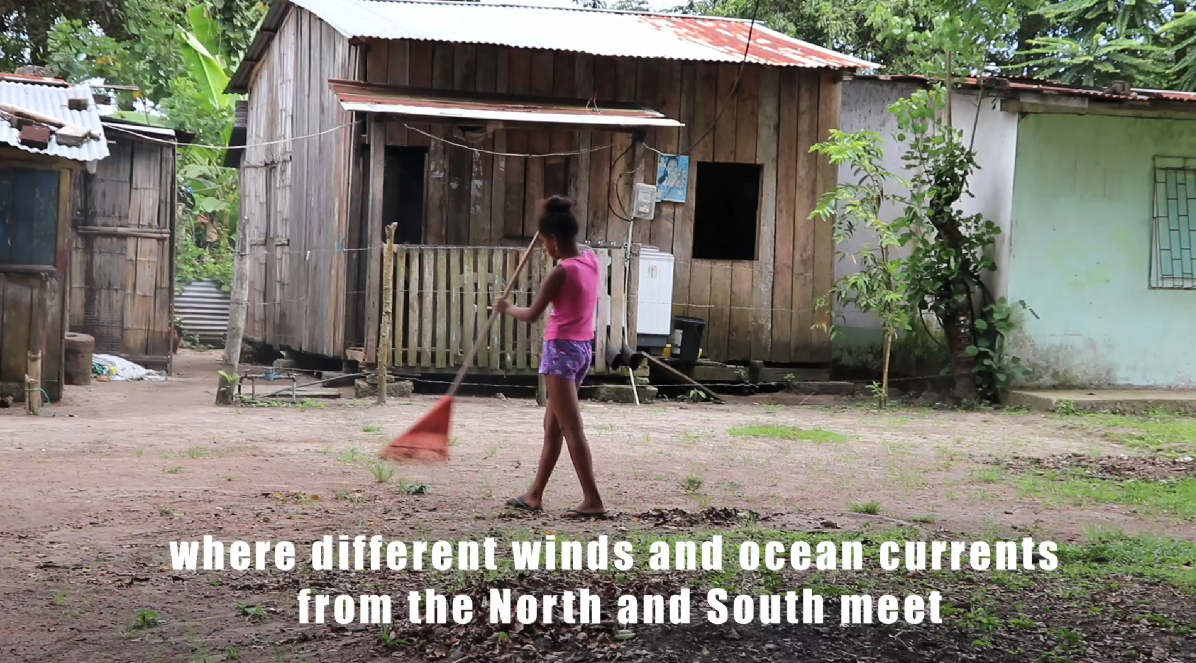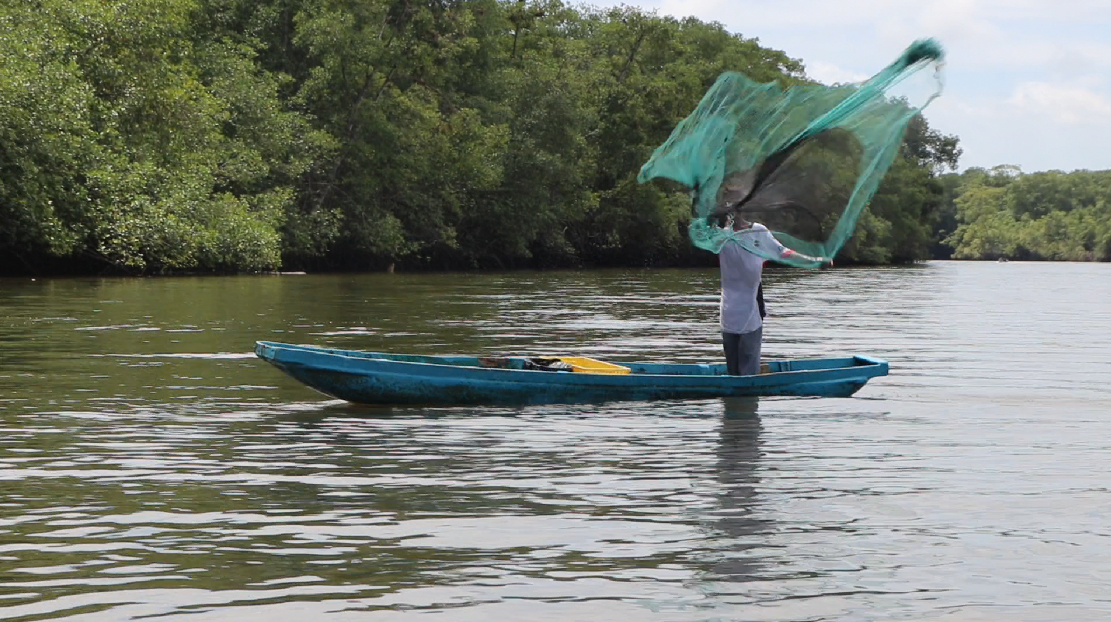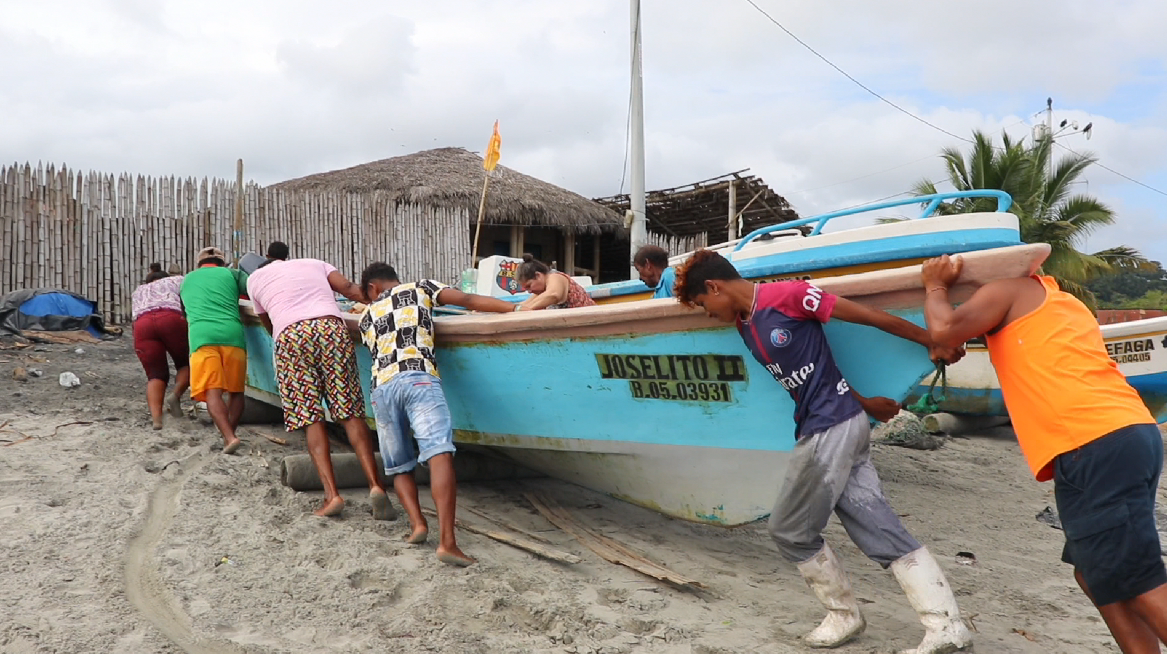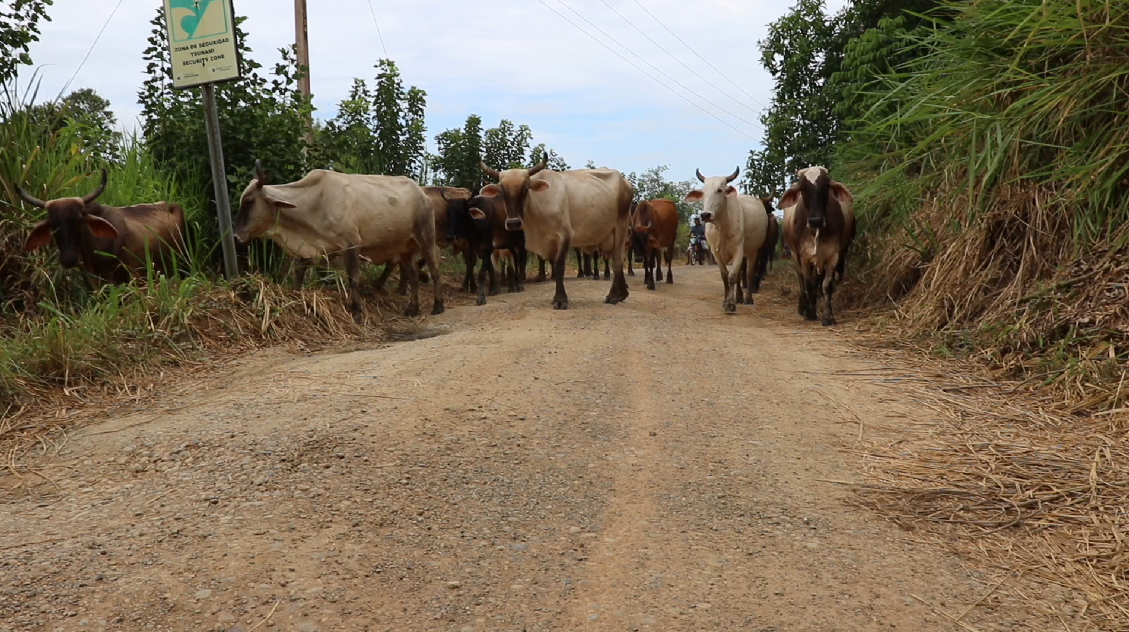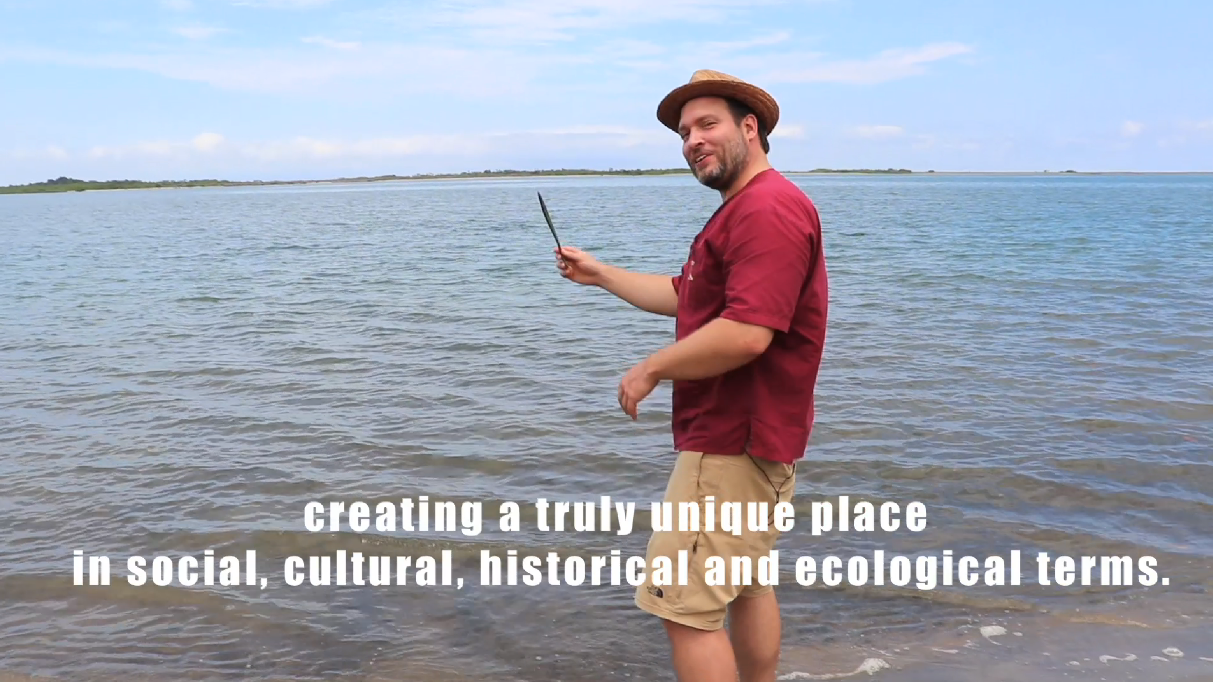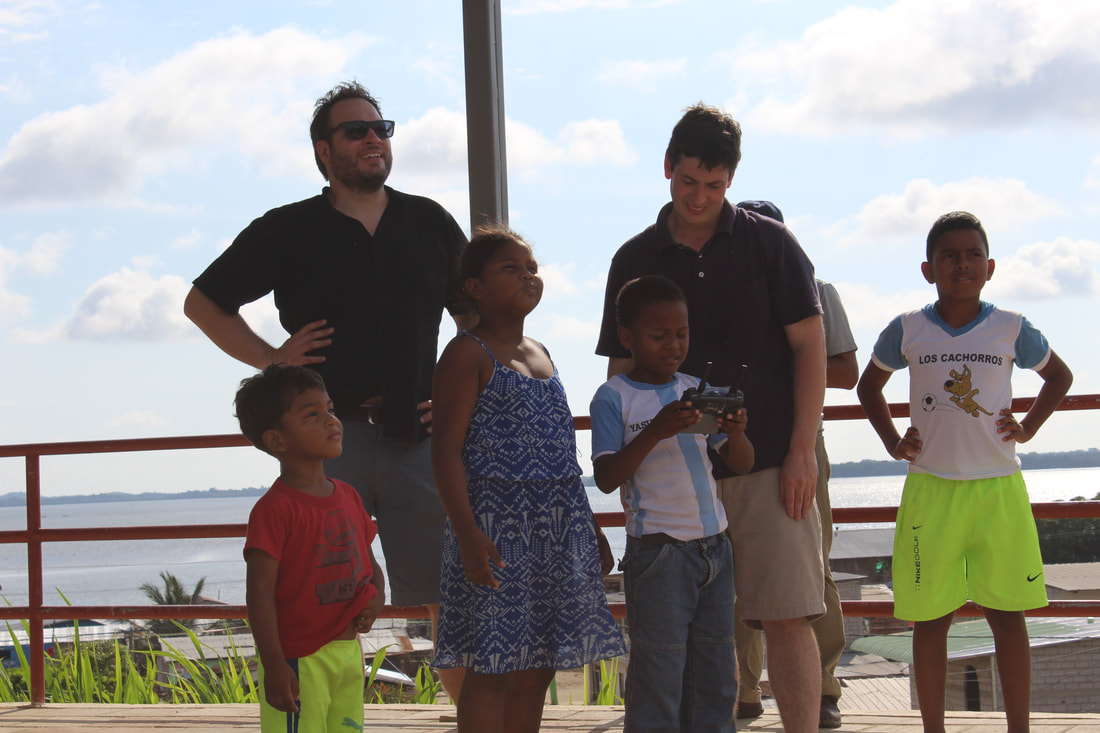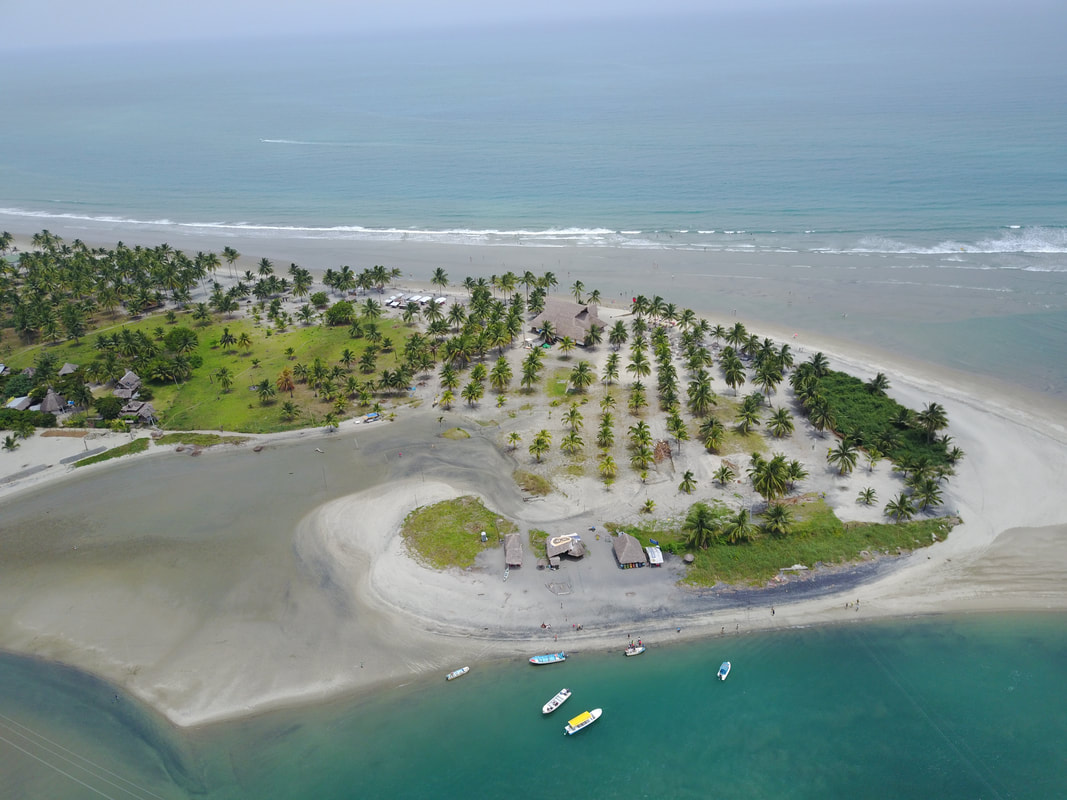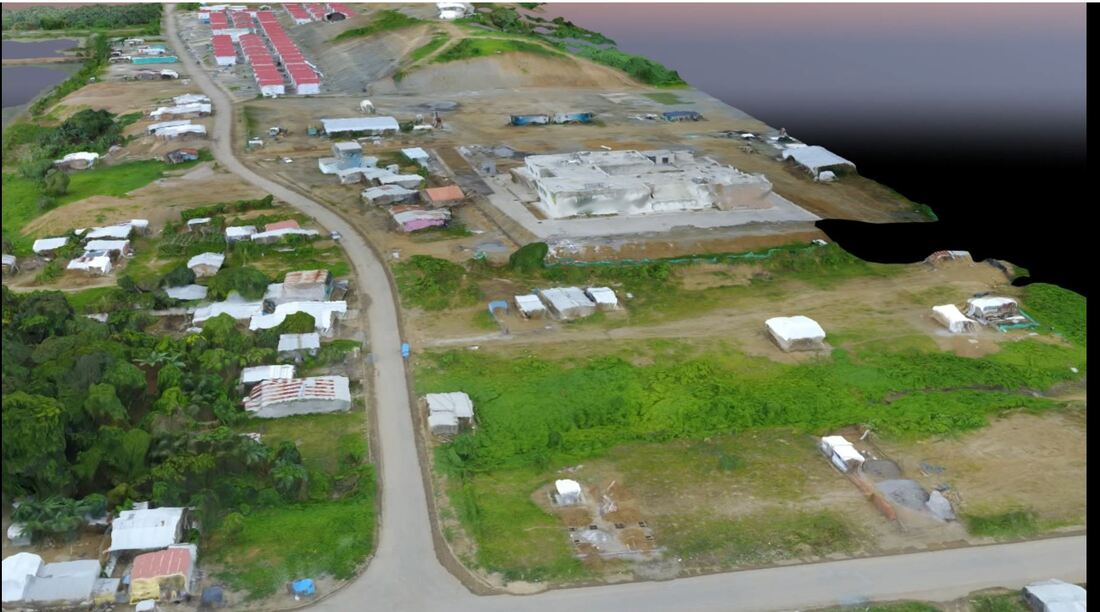Video presenting the basic idea (Bolívar Island, Ecuador, 2021).
Located on the secluded Bolívar Island, Canton of Muisne, Esmeraldas Province, at 0.4448988845308329, -80, 04219177166827, at the same length as the Galápagos Islands, and 40.33 km north of Pedernales, Manabí Province, 40 km from latitude 0.0° of the Equator, I aim at establishing an interdisciplinary and international research center for students and researchers alike.
Bolívar Island is home to about 60 families, mostly Afro-Ecuadorians, working in fishing, shrimp farming, tourism and construction. The island has an exquisite strategical location, close to the countering ocean currents and winds colliding at the Equator, thus creating a unique opportunity for the study of maritime and coastal ecosystems, including an ethnically and culturally highly diverse society living within this setting. Additionally, the island is virtually surrounded by the Southern extensions of the highly threatened Muisne mangrove habitat (Refugio de Vida Silvestre, Manglares Estuario Río Muisne protected area), together with the Cayapas-Mataje area, home to some of the tallest and most diversified species of mangrove trees on Earth, and overall highly diverse in ecological composition, livelihood adaptation and resource use-related controversies and practices.
It was very close to this island, where in 1553 a slave ship shipwrecked that intended to transport African slaves from Panama to Ecuador, who, however, eventually escaped and later on, together with 23 maroons under the controversial leadership of Antón de Illescas, declared in 1599 the first and largest independent Black Republic on American soil ("Zambo Republic", 18th century), informally lasting for almost 100 years. The so-called "free province" encompassed the likewise coastal and mangrove-sprinkled Southern Colombian region (today the Province of Nariño) and what is the Province of Esmeraldas in Ecuador nowadays. This particular history of the Afro-Pacific region, forged over centuries in struggles with and against white-criollo Nation-State projects and their economic centers seeking to exploit resources and manpower, entailed the emergence of a very particular ethnic, cultural and ecological identity, rebellious, self-confident, autonomous, yet utterly precarious due to the neglect of social welfare and protection until the 1970s.
Still nowadays, many Esmeraldeños have closer family ties and relationship to their fellows across the Colombian border than with their formal compatriots, and local economies - dominated by (at least) four hyper-extractive waves (timber, plantations, mining and illicit contraband trade) since the 70s - connect to Colombia and its powerful cartels too (for the purpose of money laundering, investing not only in steadily increasing African palm oil plantations, but also shrimp farming). Yet, the coastal area of Muisne and Bolívar is interestingly also home to indigenous peoples, in particular the Chachi who live close to the aforementioned Refugio de Vida Silvestre and frequently mingle with Afrodescendants in the area...
At the same time, the island is nowadays almost surrounded by shrimp farms, threatening local small-scale fishing and ecosystems, as well as maritime/land species and their related food chains. Moreover, the entire area - of enormous historical and archeological relevance - is exposed to constant anthropogenic risks and natural hazards, such as water contamination, earthquakes, tsunamis, and lack of potable water, but also climate change and the El Niño/La Niña phenomenon which has its origin precisely in the region.
This notwithstanding, Bolívar is secluded enough to not be affected directly by most of these threats, and so far it has been exceptionally well maintained by the local community, offering large trees to cover from hot and humid weather. Overall, it is home to extremely loving and caring people, embracing newcomers with open arms.
Bolívar Island is home to about 60 families, mostly Afro-Ecuadorians, working in fishing, shrimp farming, tourism and construction. The island has an exquisite strategical location, close to the countering ocean currents and winds colliding at the Equator, thus creating a unique opportunity for the study of maritime and coastal ecosystems, including an ethnically and culturally highly diverse society living within this setting. Additionally, the island is virtually surrounded by the Southern extensions of the highly threatened Muisne mangrove habitat (Refugio de Vida Silvestre, Manglares Estuario Río Muisne protected area), together with the Cayapas-Mataje area, home to some of the tallest and most diversified species of mangrove trees on Earth, and overall highly diverse in ecological composition, livelihood adaptation and resource use-related controversies and practices.
It was very close to this island, where in 1553 a slave ship shipwrecked that intended to transport African slaves from Panama to Ecuador, who, however, eventually escaped and later on, together with 23 maroons under the controversial leadership of Antón de Illescas, declared in 1599 the first and largest independent Black Republic on American soil ("Zambo Republic", 18th century), informally lasting for almost 100 years. The so-called "free province" encompassed the likewise coastal and mangrove-sprinkled Southern Colombian region (today the Province of Nariño) and what is the Province of Esmeraldas in Ecuador nowadays. This particular history of the Afro-Pacific region, forged over centuries in struggles with and against white-criollo Nation-State projects and their economic centers seeking to exploit resources and manpower, entailed the emergence of a very particular ethnic, cultural and ecological identity, rebellious, self-confident, autonomous, yet utterly precarious due to the neglect of social welfare and protection until the 1970s.
Still nowadays, many Esmeraldeños have closer family ties and relationship to their fellows across the Colombian border than with their formal compatriots, and local economies - dominated by (at least) four hyper-extractive waves (timber, plantations, mining and illicit contraband trade) since the 70s - connect to Colombia and its powerful cartels too (for the purpose of money laundering, investing not only in steadily increasing African palm oil plantations, but also shrimp farming). Yet, the coastal area of Muisne and Bolívar is interestingly also home to indigenous peoples, in particular the Chachi who live close to the aforementioned Refugio de Vida Silvestre and frequently mingle with Afrodescendants in the area...
At the same time, the island is nowadays almost surrounded by shrimp farms, threatening local small-scale fishing and ecosystems, as well as maritime/land species and their related food chains. Moreover, the entire area - of enormous historical and archeological relevance - is exposed to constant anthropogenic risks and natural hazards, such as water contamination, earthquakes, tsunamis, and lack of potable water, but also climate change and the El Niño/La Niña phenomenon which has its origin precisely in the region.
This notwithstanding, Bolívar is secluded enough to not be affected directly by most of these threats, and so far it has been exceptionally well maintained by the local community, offering large trees to cover from hot and humid weather. Overall, it is home to extremely loving and caring people, embracing newcomers with open arms.

